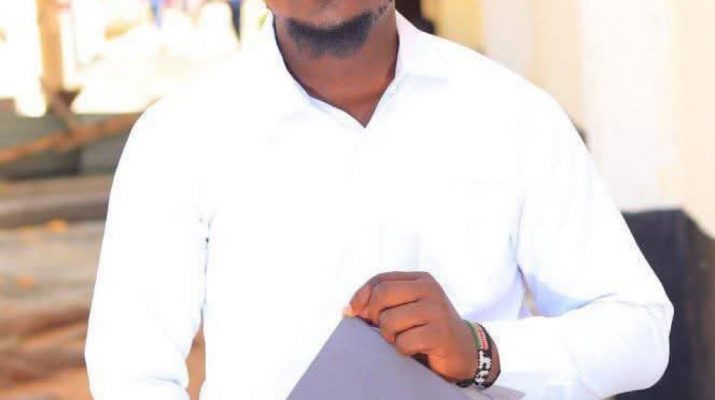By Edna Akoth
The death of Albert Ojwang, a 31-year-old teacher and social media influencer, has sparked nationwide outrage in Kenya, with leaders and activists demanding accountability for alleged police brutality.
Ojwang died in custody at Nairobi’s Central Police Station on June 7, 2025, hours after his arrest in Homa Bay.
An autopsy of Albert Ojwang was conducted on Tuesday, June 10, 2025 at Nairobi Funeral Home (City Mortuary) led by government pathologist Dr. Bernard Midia, alongside Dr. Mutuma Zambezi, who represented Ojwang’s family. Dr. Johansen Oduor was initially set to participate but stepped aside due to a conflict of interest, as he is related to the deceased.
Albert Ojwang’s autopsy indicated that he suffered numerous body injuries consistent with assault, contradicting police claims that Ojwang harmed himself by hitting his head against the cell wall.
Opposition leader Raila Odinga, in his statement, condemned the incident, stating, “Nobody knows who ordered Mr. Ojwang’s arrest and transfer to Nairobi. That person must answer to Kenyans.” He warned that such incidents erode trust in law enforcement, risking national stability.
Homa Bay Governor Gladys Wanga echoed Odinga, declaring, “This is about every Kenyan suffering at the hands of rogue officers. We demand justice.”
Ojwang’s father, Meshack Opiyo, shared his grief, saying, “They took him while he was eating with us. They said he insulted their boss on X and took him away.”
Legal experts argue the police violated Kenyan law, which requires suspects to be informed of charges and presented in court within 24 hours. Ojwang’s 400-kilometre transfer without due process has fueled accusations of abuse. Protests have erupted nationwide, with activists demanding transparency.
The Independent Policing Oversight Authority (IPOA) is investigating, but scepticism persists due to unresolved custodial deaths.
As Kenya approaches the 2024 protest anniversary, Ojwang’s death has intensified calls for police reform. His legacy as a critic of corruption endures.

